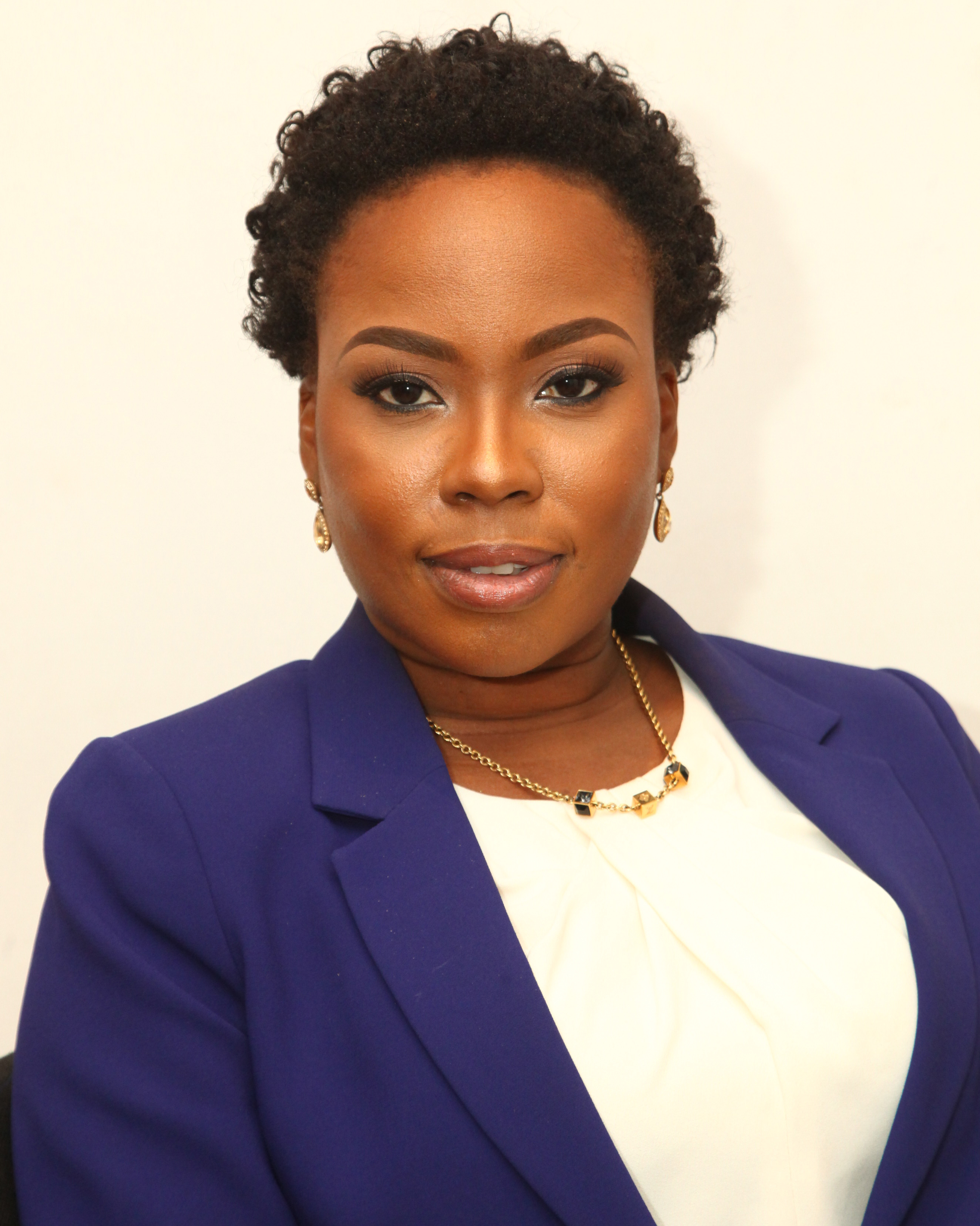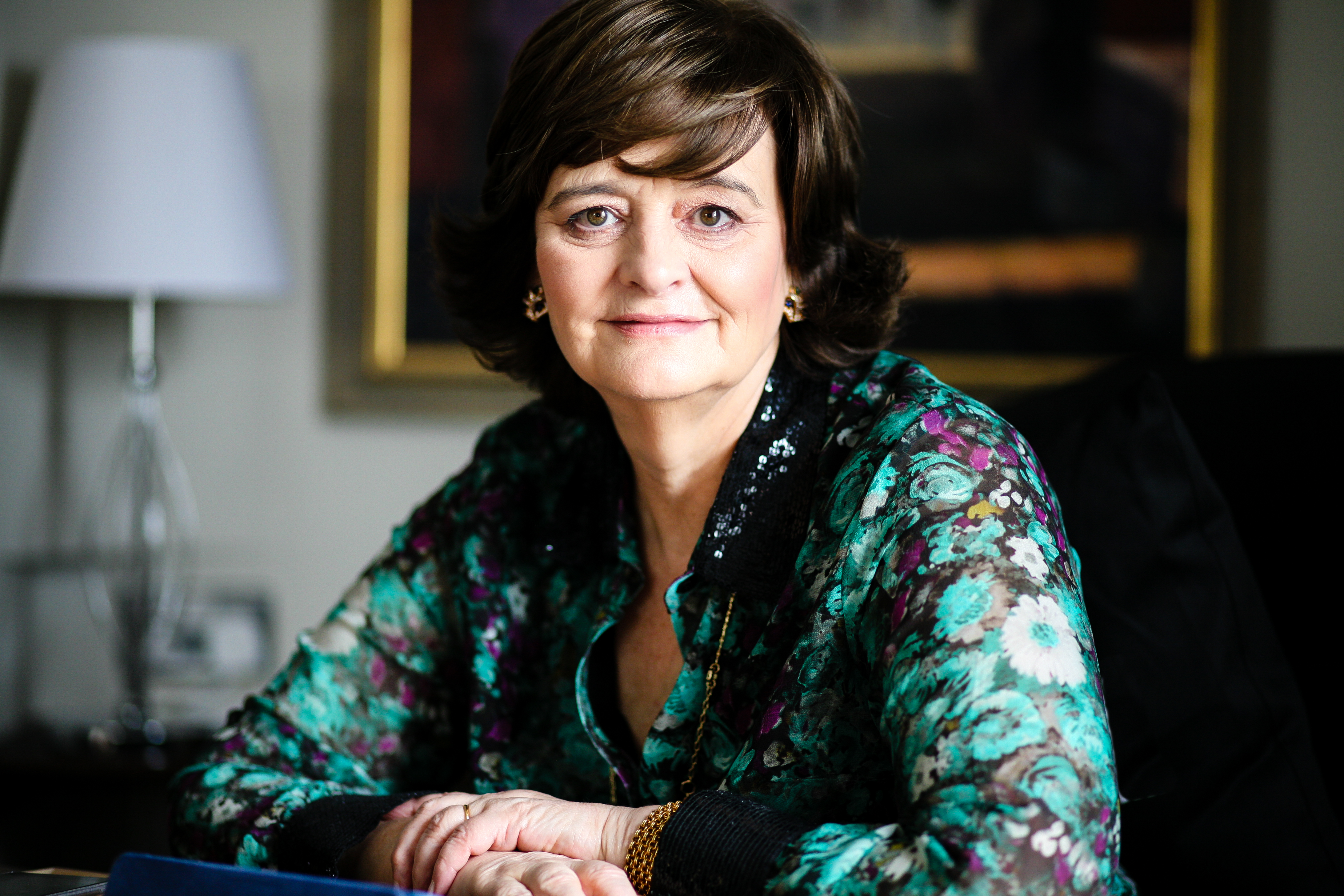Any news emanation from the Dangote Group, which houses Nigeria’s most capitalised company on the Nigerian Stock Exchange, Dangote Cement Plc, is always one to be received with keen interest. After all, it is the company controlled by Africa’s richest man, Aliko Dangote. So, what’s it about Dangote, boardroom, and gender? Take a little ground setting trip with me.
The debate is not particularly active here in Nigeria. It probably isn’t in much of Africa – South Africa, maybe? Kenya? I don’t know if you can tell by just reading three short sentences, what debate it is that I am writing about. Well, It is the debate about gender representation in the Boardroom of top Nigerian companies.
In Europe and America, the debate is more than a decade old. And it has come in different shapes and forms, leading Norway in 2004 to impose gender quotas in the boardroom. It opened up a Europe-wide attempt at the European Union when Viviane Reding, then EU commissioner for justice, fundamental rights, and citizenship, pushed but failed to have a gender boardroom quota legislation passed.
Now, I am not too sure about the propriety or otherwise of trying to have a boardroom gender law passed, but there is something about breaking the glass ceiling across board and opening up space for more women to express themselves, by way of the enormous talents that they possess, including in the boardroom of major international organisations, like Dangote Group.
Nigeria hasn’t been short in the number of women who have risen above the proverbial glass ceiling in the boardroom. The late Bola KuforijiOlubi held us all spellbound as the first Nigerian woman to become the CEO of a multinational company (VYB Industries Limited, with British affiliates (Inchcape plc) and the first female chairperson of a public listed company (Bewac Plc). All this before she became the first woman to serve as chairperson of United Bank for Africa (UBA).

After Kuforiji-Olubi, we had the elegant and resplendent Eniola Fadayomi, who became chairperson of Afribank (that later became Mainstreet Bank) and she’s still holding her grounds in other boardrooms; currently chairperson at African Prudential Plc. Once the gate was opened, then there was Sola David-Borha, who led Stanbic-IBTC Bank; there was Ibukun Awosika, who chairs the board of First Bank of Nigeria Limited; Mosun Belo-Olusoga, who chairs the board of Access Bank Plc; Osarentin Demuren, who chairs the board of Guaranty Trust Bank; Bola Adesola, the managing director of Standard Chartered Bank; and Caroline Anyanwu, the deputy managing director of Diamond Bank; and many others who respectfully are holding their own in different boardrooms across the country.
So what’s the big deal about this boardroom matter? There is a lot and, yet, not a lot; and you can question the contradiction, but it’s just to say that there are always two sides in a debate. And this was how some egg-head at business a.m.’s partners, INSEAD (Business School for the World), expressed it in 2012, during the European debate for gender quota in the boardroom:
“The current drive to increase the number of women on corporate boards in Europe, even by the means of a quota, is based on two arguments: firstly mixed boards take better decisions, which will lead to better results and, secondly, women on boards will eventually lead to more women in senior management,” says Annet Aris, Adjunct Professor of Strategy at INSEAD. “For the first argument, more and more research is being published which is at least showing a positive correlation between the number of female directors and company results. On the second point, whether women on boards have a positive effect on female management, there is so far very little academic proof.”

Well, now you see there are always two arguments to make on any particular matter. But last week, the Dangote Group, of which Dangote Cement Plc, a company which, when it sneezes, causes Nigeria’s equities market to shiver, is a part of, decided after decades, to join what is globally now considered the way to go, by beginning a process of gender rebalancing of its Board. It moved effectively to appoint Adenike Fajemirokun, its Group Chief Risk Officer, as its first female Group Executive Director. Here’s why it is a big deal. Dangote has been in existence since 1981. That’s all of 37 years. And it has been a globally recognised brand for more than 20 years. So this is really a bold step that it has taken on the road to balancing its boardroom to match its global outlook and presence.
The President/Chief Executive, Aliko Dangote, knows this is a big deal, that’s why he expressed it this way: “It is exciting seeing a female occupy such a high position. We are gender sensitive and create equal opportunities for both male and female to get to the top.” By the way, Fajemirokun’s credentials are intimidating and I particularly like the one about ‘fire engineering’; and it’s good to know that, like me, she was at Manchester University too. Good old redbrick!
To truly show the gender balancing credentials of the Dangote Group, Dangote Cement Plc, global, (and I take this to mean, all is now set for the London IPO and listing) appointed Cherie Blair, wife of former British Prime Minister, Tony Blair, as an independent non-executive director. And I can hear someone, who is just reading this for the first time make that Nigerian social media exclamatory sound, GBAGAM! Now, I bet you agree they mean business with this gender balancing thing.










